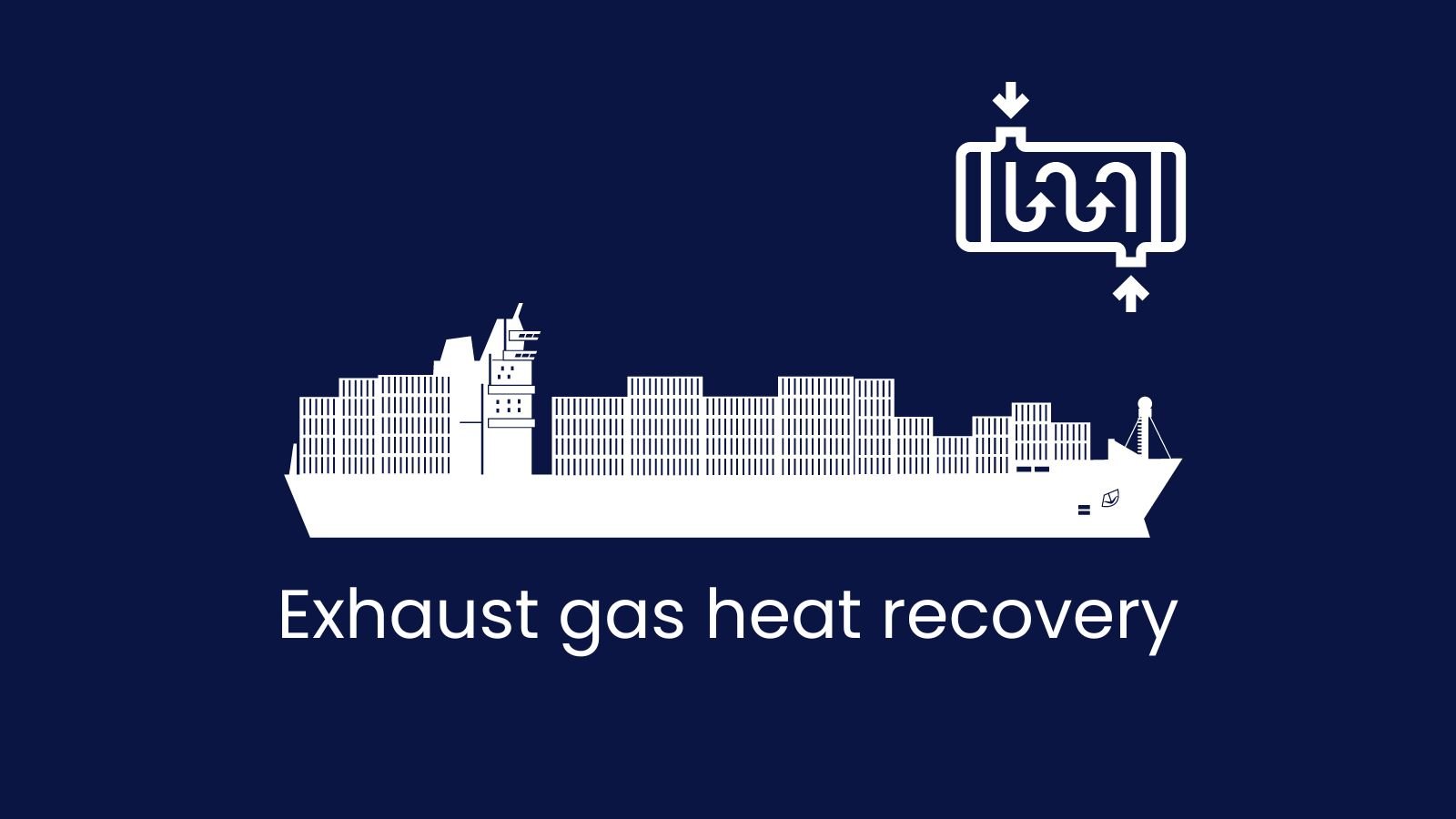ISO 8178 - Exhaust Emission Measurement
The standard used for exhaust emission measurements
ISO 8178 is an international standard for exhaust emission measurement from a number of non-road engine applications. It is used for emission certification and/or type approval testing in many countries, including the United States, European Union and Japan. Depending on the legislation, the cycle can be defined by reference to the ISO 8178 standard, or else by specifying a test cycle equivalent to ISO 8178 in the national legislation (as it is the case with the US EPA regulations).
The ISO 8178 includes a collection of steady-state engine dynamometer test cycles (designated as type C1, C2, D1, etc.) designed for different classes of engines and equipment. Each of these cycles represents a sequence of several steady-state modes with different weighting factors.
The particular engine operating modes and their weighting factors for B-type (11 mode) test cycles are listed in the table below. The following test cycles and weighting factors should be applied for verification of compliance of marine diesel engines, in particular to determine compliance with the NOx limits/Technical Code.
E2 - For constant-speed marine engines for ship main propulsion, including diesel-electric drive and variable-pitch propeller sets, E2 should be applied.
E3 - For propeller-law-operated main and propeller-law-operated auxiliary engines the test cycle E3 should be applied.
D2 - For constant-speed auxiliary engines test cycle D2 should be applied.
C1 - For variable-speed, variable-load auxiliary engines, not included above, test cycle C1 should be applied.





![Specific Fuel Consumption [g/kWh] for Marine Engines](https://images.squarespace-cdn.com/content/v1/6155b5bdada6ea1708c2c74d/1648964928391-9V8YI4YWZV9U4JN69S8N/SFC.png)




